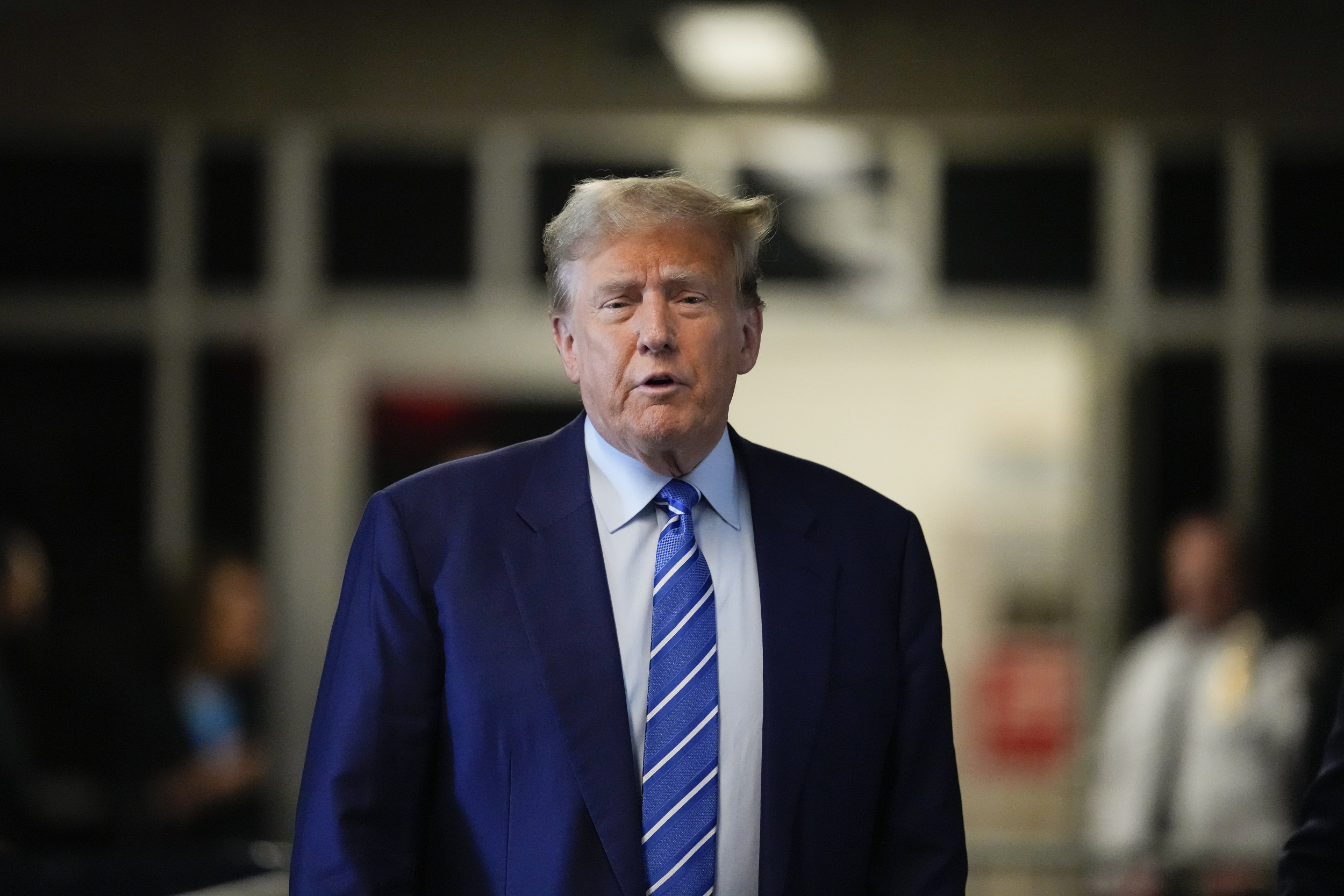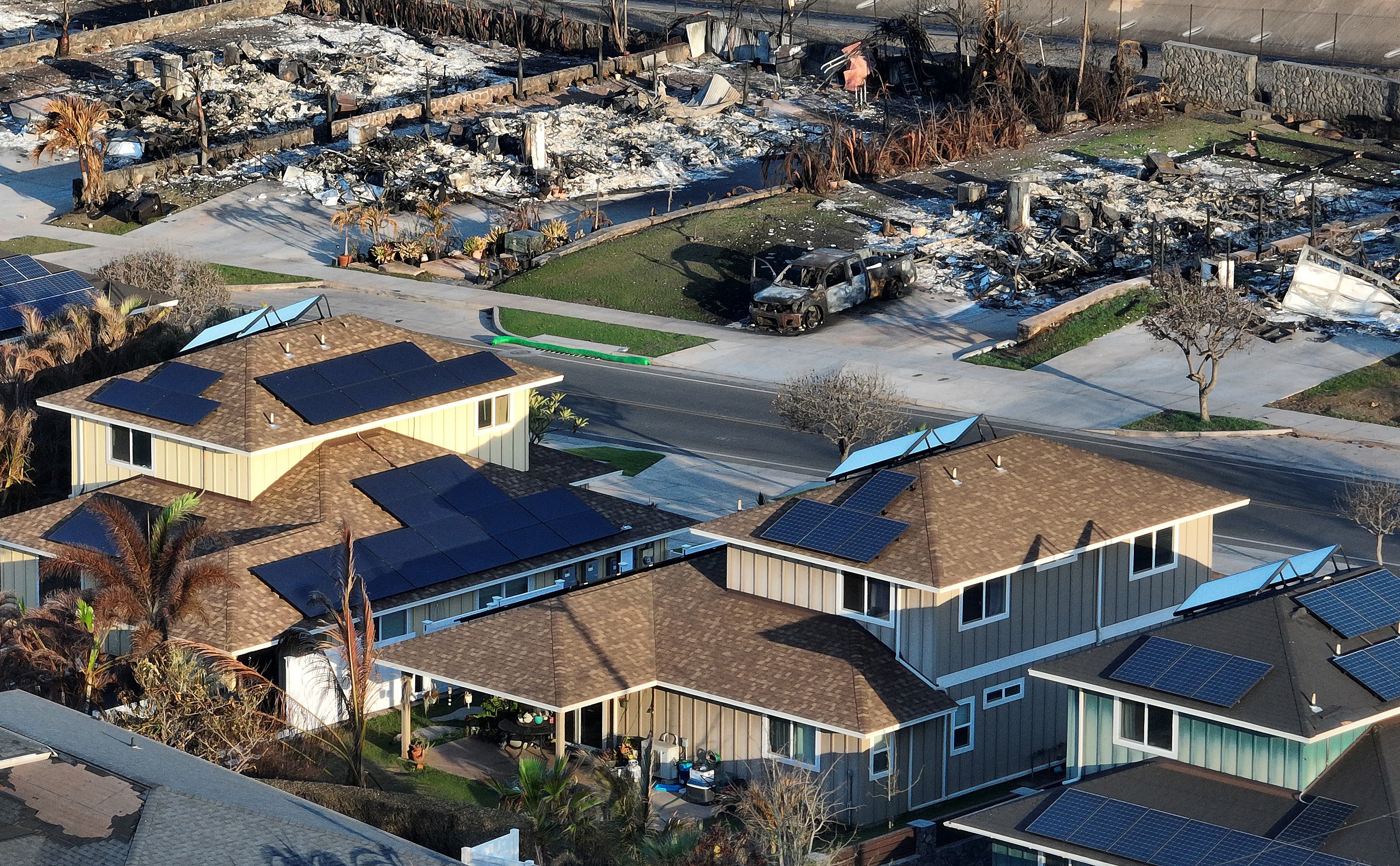Lesbian, gay, bisexual, and transgender (LGBT) Americans are a diverse, extraordinary, resilient, and passionate group of forgiving men and women. I wouldn't be standing beside them demanding full and equal treatment under the law and speaking out against the harm caused by religion-based bigotry at the National Equality March in Washington, D.C., on Oct. 11 if I thought they were not created in God's image the same as myself, same as my family, as we all are—we are all God's children.
And I know better than anyone, since six years ago I was one of those bigots. At that time it would have seemed abominable to even consider attending a "gay-rights" event. To me, these would have been the people tearing apart the very seams of our culture and our country.
Today, it is a natural expression of who I am. Some might call that a miracle.
So what it is that would bring someone from a place where he once declared himself a "Jesse Helms Republican," a man who condemned homosexuality as a threat to children and society, told his own son that being gay is a ticket to hell, to travel from Hickory, N.C., to the West Lawn of the Capitol building on Oct. 11, 2009? How can one travel from the seemingly impossible road of bigotry to one of acceptance and love for our LGBT brothers and sisters? The answer is one that I hope religious leaders such as Pat Robertson and James Dobson (and most importantly, their followers) will hear.
It's because something deep inside told me that I needed to step out in faith onto a bridge of knowledge and understanding. I didn't know where this bridge would take me but something was telling me it was a path I needed to walk. My own mother challenged me in 2003 to look at my beliefs and the true intent behind the teachings I held in blind faith. "Do you think your views are Christ-like?" she asked me. Her question was dead on: once I walked away from the Church's teachings of rejection and condemnation, my relationship with God transcended to a higher spiritual plateau. I realized an unparalleled sense of spiritual clarity when I opened my heart and mind to a genuine expression of love, compassion, and acceptance of all sexual orientations and gender identities.
This new voice—Christ's voice—became the core principles of my faith: love, compassion, and respect. That voice I now realize was desperately wanting to be heard, a voice no longer comfortable with the place in which I had chose to confine it for so long—a place of bigotry, prejudice, fear, and misunderstanding.
The walk across that bridge wasn't very strenuous but it was at times painful. The pain came as I began to realize for the first time that I had been using my faith to bring harm to others. That's not a pleasant realization for anyone who marches under a Christian banner of love, respect, and compassion.
During the past four years I have looked into the faces of those I once caused harm to with religion-based bigotry and prejudice. And while I may have never inflicted a physical blow, I know today that my words indeed caused deep wounds—perhaps at some point deeper than I care to dwell upon.
They are the faces of individuals like young Sean Kennedy, who died in Greenville, S.C., in 2007 after being struck by a person who considered Sean a "faggot"; Pat and Lynn Mulder of Auburndale, Fla., whose gay son also died as a result of a hate crime; Jared Horsford of Texas who carved derogatory words into his flesh because he thought it would help control the demon he was told lived there; Nicholas White who was relentlessly berated by fellow 4-H peers at camp this summer as other 4-H campers stood behind the tormentors in silence; or the mother I met recently in North Carolina who grieved over her dead son—a child that had been rejected because he was gay and thought peace could only come through suicide.
There are many, many others I have met in my work with Faith in America, as we try to bring awareness and understanding to the pain and trauma caused to LGBT people, especially youth, when church teaching is misused to justify and promote a societal climate of rejection, condemnation, and discrimination. This environment fosters suicide, hate crimes, an epidemic of antigay bullying in our schools against all kinds of children gay and straight, legal workplace discrimination against LGBT citizens in 20 states, military service members forced to serve in silence or discharged for being honest about who they are, lesbian and gay parents unable to protect their children without the legal structure of federally recognized civil marriage, and lesbian and gay couples unable to provide security for their partners in the absence of federally recognized civil marriage. This is what we march for on Oct. 11 and every day. Every person coming to Washington—whether they are religious or not—does share one faith, and that is faith in America. We can and must do better. As the progress of history has shown, Americans will prove themselves able to see beyond religion-based bigotry to the promises of equal treatment for all. Those who use religion-based bigotry to persecute and discriminate against LGBT people are on the wrong side of history, just as they were with slavery, interracial marriage, the treatment of women, and so many other issues.
I remember the first time I met Sean Kennedy's mother, Elke, sitting in her family's living room just months after she had lost her precious son as the result of a senseless and hate-filled act of violence. And I will never forget that momentary look on her face when I explained to her that I once was someone whose attitude had helped perpetuate the societal climate in which her son lived and died. It was a moment in which I realized the depths of the wounds I may have inflicted upon a gay teen contemplating suicide or a perpetrator looking to justify hate violence. It is a moment that commands me to continue to march, to speak out, and help others experience the spiritual blessing that comes from unshackling the chains of religion-based bigotry and prejudice.
Uncommon Knowledge
Newsweek is committed to challenging conventional wisdom and finding connections in the search for common ground.
Newsweek is committed to challenging conventional wisdom and finding connections in the search for common ground.
About the writer
To read how Newsweek uses AI as a newsroom tool, Click here.








